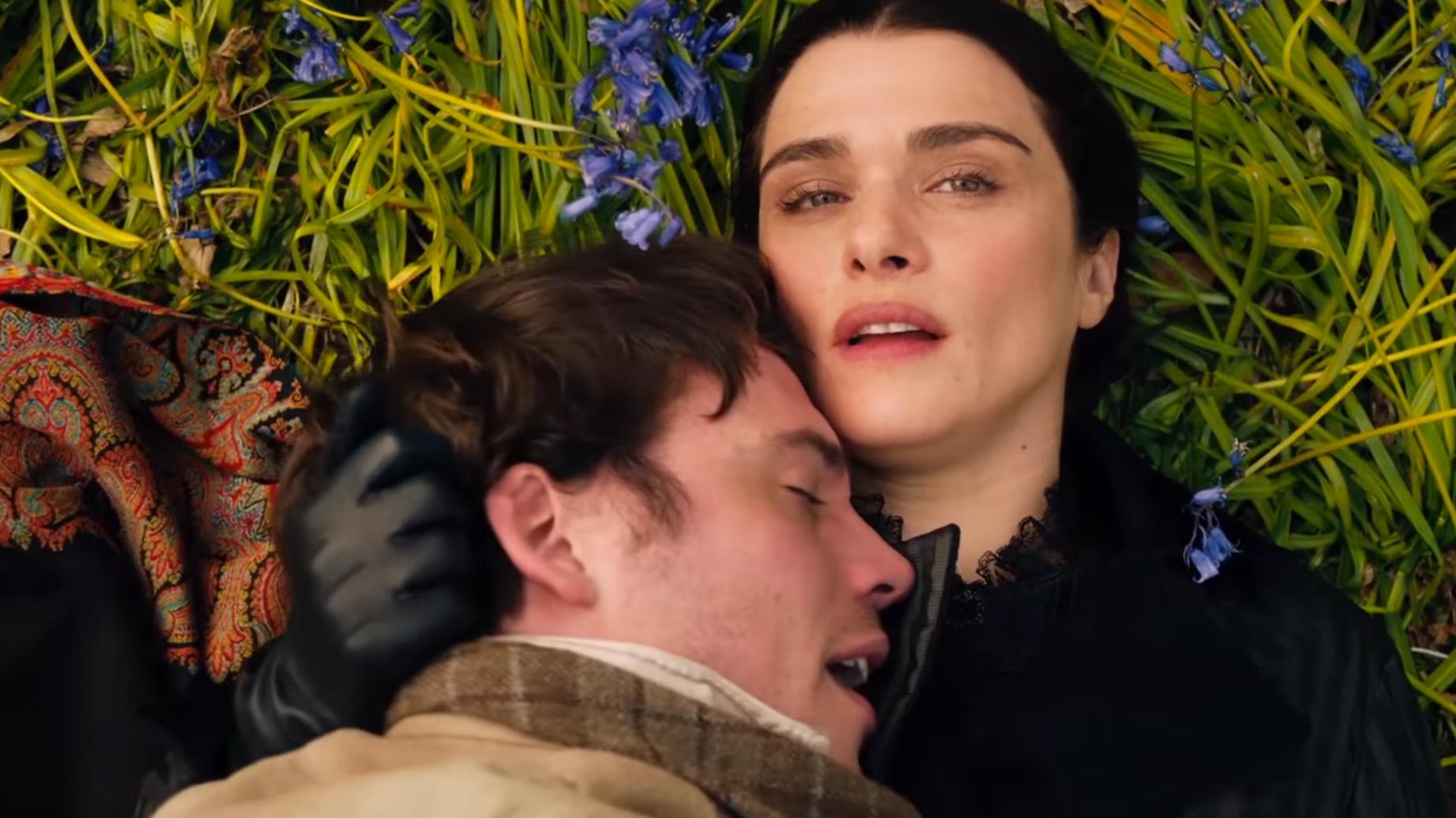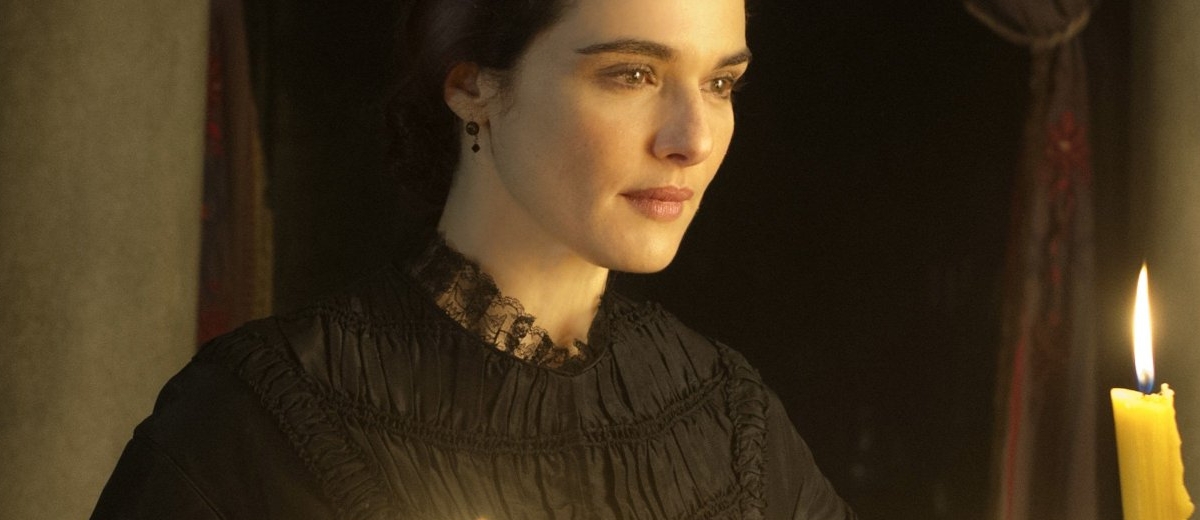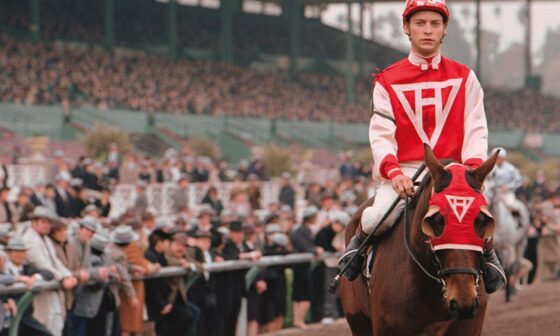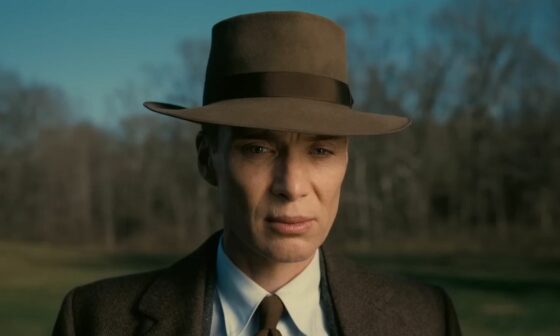
Roger Mitchell is famous for Notting Hill – arguably a romantic comedy hallmark. However he has not always fared equally well, whenever he ventured into more dramatic and complex genres, on the other side of the Atlantic in particular (i.e. the Ben Affleck, Samuel L. Jackson vehicle Changing Lanes, or the critical disaster Hyde Park On Hudson).
So another (after Henry Koster’s black & white, 1952’s original, with Richard Burton and Olivia de Havilland) film adaptation of du Maurier’s – akin to its predecessor, Rebecca – rather gothic, mystery romance, didn’t seem like a fitting or safe choice for him. Particularly, since he decided, for the first time in his career, to take the risk of writing the screenplay on his own.
My Cousin Rachel is in essence an exploration of the intriguing ambiguity of an atypical, ahead of her time woman. Hence the haunting question at the core of this movie: did she or didn’t she kill her husband and young Philip’s cousin and guardian? Entrusting the whole weight of his creation on the prodigious expressing abilities of his female star, Rachel Weisz, Mitchell succeeds in bringing this beguiling ambiguity to life. To make it real, familiar and irresistible.
Under the always still waters of her proper appearance and behaviour, Weisz’s cousin, Rachel, communicates a seething pathos and will for independence.
As she is seduced or, perhaps more accurately, let herself be seduced by young Philip (who at first is out for revenge of the death of his guardian) she is disarmingly either endearing or menacing, and at times both. Her dangerous charisma permeates the screen and becomes the main, if not the only reason to see this film.
Unlike his brilliant star though, little else stirs in this unexpected and ambitious latest of Mitchell’s endeavours. The rest of the cast, Ian Glen, Holiday Grainger and Sam Claflin, are spot on, but they are not actually given much or exceptionally challenging to do. Claflin’s Philip especially is nothing more than an – often infuriating – predictably naive and inexperience youngster, battling an anything but extraordinary Oedipus complex.
Furthermore, on the one hand, no matter the countless lit candles, the interior scenes lack the lurking shadows, heightened contrast and steep camera angles that make Hitchcock’s gothic masterpiece Rebecca still so imposing and mesmerising.
And on the other, the exterior scenes, in the beautiful Italian or British countryside, may not be sun-drenched exactly, but they are not grey, or stormy enough to engagingly reflect the main characters’ disposition. Consequently and unlike its fascinating trailer (edited to the beat of a very modern, yet eerily appropriate song), this film feels more like a quirky romantic dramedy than a mystery romance.
It is no accident then, that apart from Weisz, this film’s only other, truly shining trait is Tim Barlow as the… ancient, “battler”, Seecombe – a typical comic relief role that would, unchanged, perfectly fit in any modern day rom com!
#Peace.Love.MyCousinRachel







